
The construction industry is witnessing unprecedented growth. 2023 saw the total construction spending in the US touch almost $2 trillion. This surge in spending reflects the increased demand for newer infrastructure, both commercial and residential.
Managing a construction site is no small feat, though. There are a whole lot of things that need to be constantly monitored, including worker safety, transportation of raw materials, and theft or ‘pilferage’ of inventory, equipment, or building material.
The project schedule has to be watertight, keeping a buffer for unforeseen and inevitable delays. These issues compound quickly due to modern construction projects being highly complex in nature.
Technology has come to the rescue and is becoming indispensable for construction managers. It assists them in cost reduction, safety enhancement, effective project delivery and surveillance.
Construction Is Getting a Digital Transformation
The construction industry has historically been regarded as a traditional, industrial-age sector, slow to adopt new technologies. That has now changed with the gradual embracing of digital tools. Globally, investments in construction technology grew to $50 billion in the last few years.
We look at a few technology-driven tools that have reshaped the construction landscape.
3D Tools and Visualization
3D modeling was a massive breakthrough in construction when it came around 45 years ago. With the advent of newer and more powerful computers and measuring equipment, the highly advanced 3D Building Information Modeling has been a game changer. Architects and engineers create detailed 3D models to complete the entire construction process virtually, even before a single brick has been laid.
As the end result can be visualized by the entire team, any potential design flaw is corrected in the planning stage. This reduces costly mistakes.
The technology also ensures every worker and manager is aligned with the project goals, as they enhance communication among the team members, including engineers, workers and supervisors.
Improving Site Safety With Camera Surveillance
It’s pretty dangerous at construction sites. Most workers are exposed to heavy machinery and hazardous environments that are prone to accidents. Modern surveillance systems come into play here.
Tools like a construction camera for jobsite surveillance provide real-time data and 24/7 recordings that empower managers to make better, quicker decisions. In case of any incident, remote access with live video feed from anywhere becomes crucial.
The surveillance technology has also helped in reducing theft and vandalism, which is a major problem in job sites. This is because most construction sites become dark and vacant at night and on weekends.
A constant, watchful eye is indispensable for managers. This is especially true if the project is large or multi-location and where a constant need for supervisory presence is required.
AI-Driven Project Management
Like in every other industry, artificial intelligence(AI) is making a significant impact on construction project management. Construction managers have access to never-before-seen tools that do predictive analysis, risk identification, and delay forecasting.
As TrueLook notes, AI has also penetrated surveillance technology, with AI-based motion detection helping managers keep a watchful eye on the site. These systems can simply send alerts if something appears amiss.
AI has also helped automate routine tasks, assisting managers to focus on the strategic aspects of the job.
Drones in Construction
Drones are a vital tool for monitoring large construction sites, and for quick surveys. They have zooming ability to provide detailed footage and comprehensive perspectives to the manager remotely, which was impossible a few years ago.
Drones also have built-in AI tools to measure distances, check land conditions, and go to hard-to-reach areas, which are also dangerous for humans. For example, a drone can easily be flown to the top of a semi-constructed site with 100 floors, which a worker can take more time to reach, apart from the accident risk involved.
The real-time data offered by drones also enables swift decision-making, increasing efficiency.
The Future of Construction Management
Construction projects are inherently complex, and site managers need smart and efficient tools in order to manage the scale and complexity.
Further innovation is coming faster than ever, due to technology like AI and drones advancing at an exponential rate. What used to take decades before, is being implemented in mere months. Construction firms that embrace this shift and make use of technology will benefit in the long run.
Human safety is a top concern in this sector. As technology does the hazardous parts of the job, we can expect a significant enhancement in worker safety.
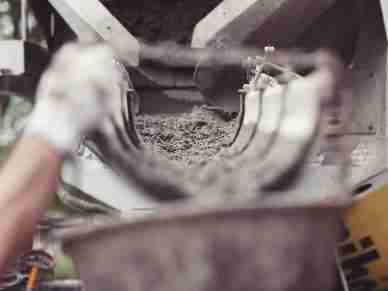

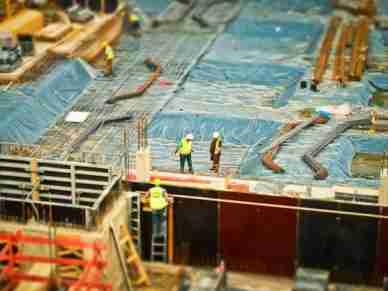
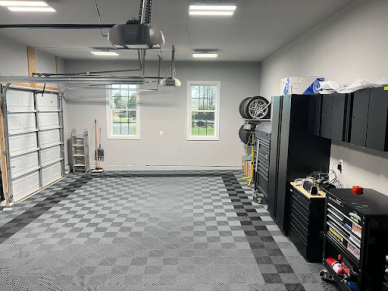
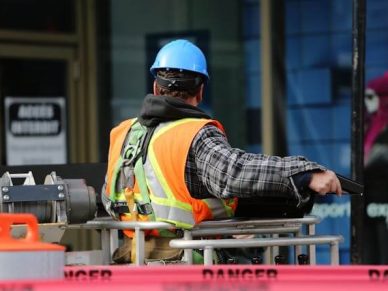
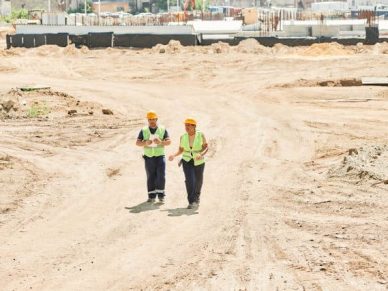
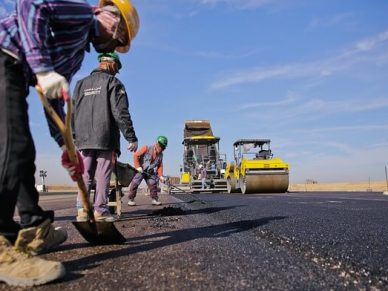

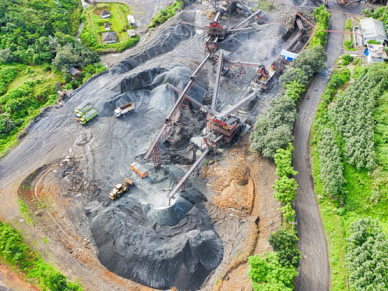






Leave a Reply